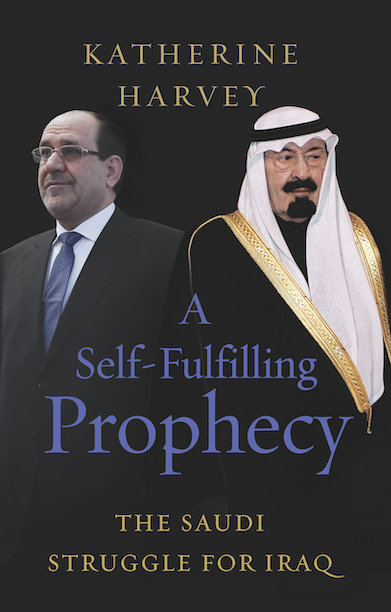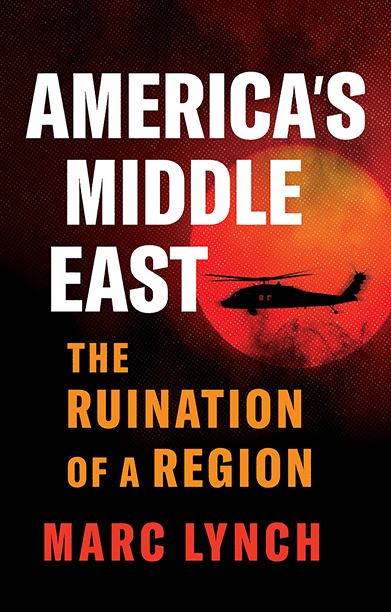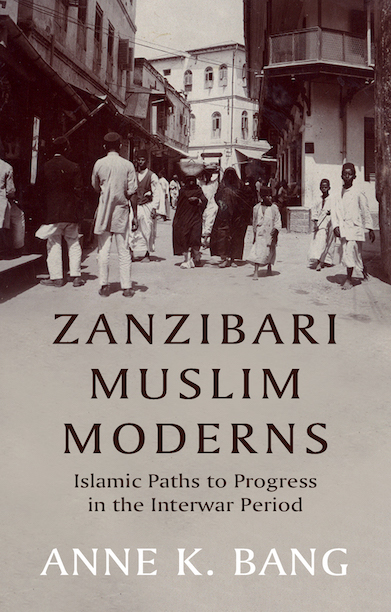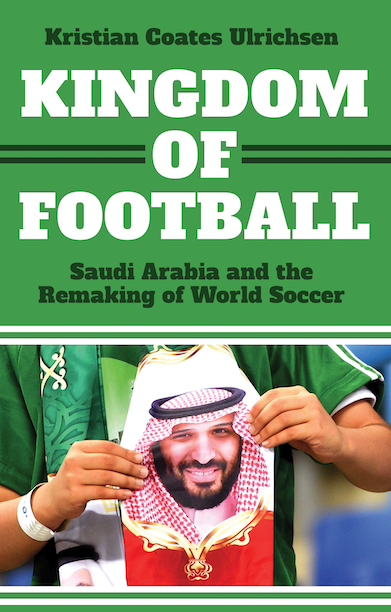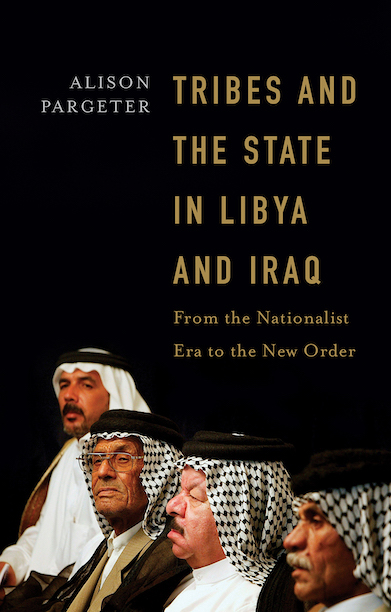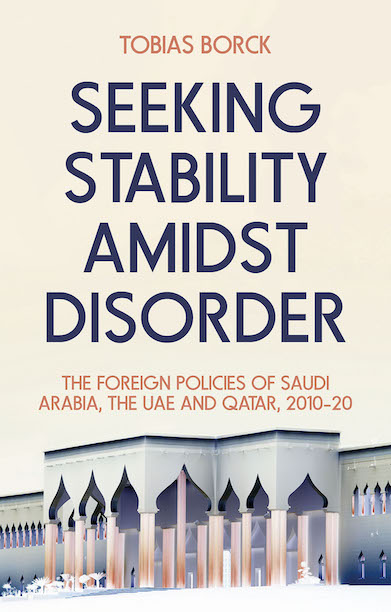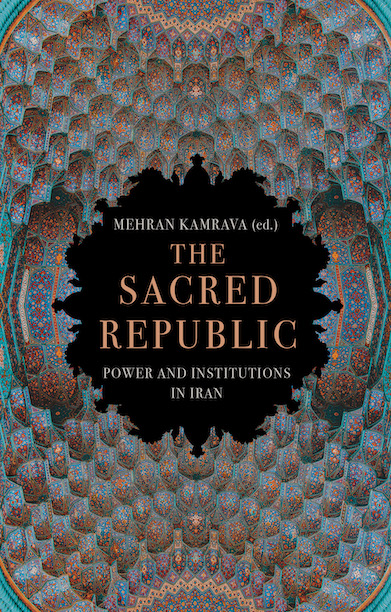A Self-Fulfilling Prophecy
The Saudi Struggle for Iraq
How Saudi efforts to undermine Iranian influence paradoxically pushed Iraq into the Islamic Republic’s arms.
Foreword by Bruce Riedel
Description
In recent years, the geopolitical rivalry between Saudi Arabia and Iran has dominated the headlines. Many have charted the polarisation between a Saudi-led Sunni camp and an Iranian-led Shia one, assuming that a predominantly Shia state like Iraq would automatically ally with Iran. In this compelling account, Katherine Harvey tells a different story: Iraq’s alignment with Iran was not a foregone conclusion. Rather, Saudi efforts to undermine Iran have paradoxically empowered it.
Harvey investigates why the Saudis refused to engage with Iraq’s post-2003 Shia-led government, despite continual outreach by Iraq’s new leaders and considerable pressure from the United States. She finds that certain deeply ingrained assumptions predisposed Saudi leaders to see a Shia-led Iraq as naturally beholden to Iran: the view that Iran is inherently expansionist, and the belief that Arab Shia tend to be loyal to it. This outlook was simplistic, even downright inaccurate; and, in refusing to engage, the Saudis created a self-fulfilling prophecy.
As Harvey demonstrates, members of Iraq’s new government initially sought to establish a positive relationship with Saudi Arabia, and to pursue a course independent from Iran. But, isolated and rejected by Saudi King Abdullah, Iraq ultimately had nowhere else to turn.
Reviews
Listen to Katherine Harvey’s interview on New Books in Middle Eastern Studies podcast:
‘[A] gripping and thought-provoking book. It challenges ideas that still populate public discourse and certain academic and policy circles in a concise and accessible manner. […] A cautionary tale for policy-makers in their convoluted practice.’ — The Middle East Journal
‘Anyone interested in understanding the extent of autonomy and independence of political decision-making in these major Middle Eastern states will find this book extremely useful and illuminating’ — Asian Affairs
‘An outstanding contribution to our understanding of Iraqi and Saudi foreign policy following the 2003 U.S. invasion. Harvey’s extensive research, including interviews with senior figures on all sides, is exceptionally valuable. Her arguments are original and compelling.’ — Kristian Coates Ulrichsen, Fellow for the Middle East, Rice University
‘A rare, incisive analysis of the Saudi approach to Iraq’s momentous post-invasion shift towards Iran. Illuminating the impact on regional rivalries, and their devastating effect inside Iraq, Harvey’s book is of seminal value to policymakers grappling with Saudi–Iranian tensions and state-building in Iraq.’ — Vali Nasr, Majid Khadduri Professor of International Affairs and Middle East Studies, Johns Hopkins University, and author of The Shia Revival
‘A major contribution to the literature regarding Saudi Arabia’s relations with Iraq in the period following the 2003 U.S. invasion. Deploying multiple tools of social science, Harvey meticulously explores the mindset of Saudi King Abdullah toward Iraqi Prime Minister Nouri al-Maliki.’ — Robert W. Jordan, former U.S. ambassador to Saudi Arabia
‘A timely, persuasive and original text that fills a much-needed gap—on Saudi–Iraqi relations, the role of Iraq in the Saudi–Iranian rivalry, and the Kingdom’s involvement in Iraq’s domestic politics since 2003. This promises to be an important book.’ — Simon Mabon, Professor of International Politics, Lancaster University, and author of Houses Built on Sand: Violence, Sectarianism and Revolution in the Middle East
‘Shows how King Abdullah’s flawed perception of Prime Minister al-Maliki as an Iranian agent drove the kingdom’s disengagement and weakened its foreign policy. Harvey’s account of the missteps helps to explain Saudi difficulties today in navigating Iraq, highlighting the role of human error in international relations. Informative and insightful.’ — Renad Mansour, Director of the Iraq Initiative, Chatham House
‘An interesting, original and historically grounded study, throwing light on key actors in the Gulf’s balance of power. This important book has clear relevance for understanding recent developments in these fraught relationships.’ — Charles Tripp, Professor Emeritus of Politics, SOAS University of London, and author of A History of Iraq
Author(s)

Katherine Harvey is an Adjunct Assistant Professor in the Security Studies Program at Georgetown University. She is also on the Board of Advisors at the Johns Hopkins School of Advanced International Studies, and holds a PhD in Middle Eastern Studies from King's College London. Previously, she served as an intelligence officer in the US Navy, with tours in the Middle East, in Europe and at sea.
